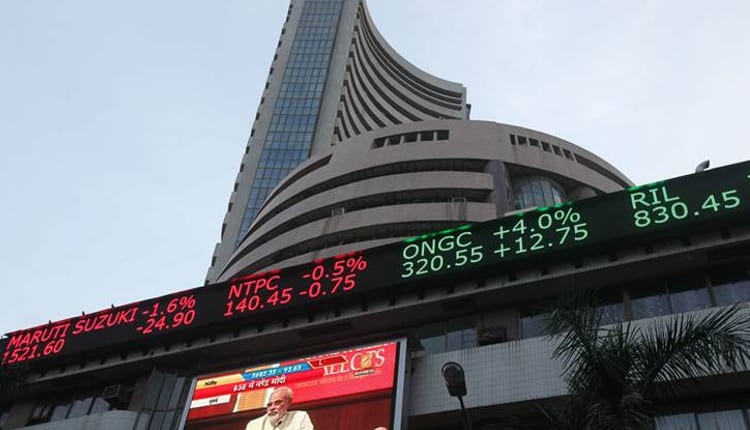BSE Ltd., Asia’s oldest stock exchange, is a key part of India’s financial system. It offers a platform for trading in shares, bonds, derivatives, and mutual funds. Best known for its benchmark index Sensex, BSE plays an important role in supporting the country’s capital markets and investment activity.
During Friday’s trading session, the shares of BSE Ltd opened at Rs.2,358.00 per share and further declined to Rs.2,335.00 per share, depicting a fall of 66.67 percent from its previous close of Rs.6,996.50 per share.
The shocking 66 percent plunge in BSE Ltd.’s share price during the day’s trade has stunned investors and triggered intense speculation over the underlying reasons. Let’s take a closer look.
Reason For The Fall
The sharp drop in BSE Ltd.’s share price is a result of the stock turning ex-bonus, following the company’s recently announced 2:1 bonus issue. This is a technical adjustment and not related to any deterioration in the company’s fundamentals or performance.
Under the bonus plan, shareholders will receive two fully paid-up equity shares (face value Rs.2 each) for every share held. The record date for determining eligible shareholders was Friday, May 23, 2025, while the deemed allotment date is Monday, May 26. The bonus shares will be listed for trading from Tuesday, May 27.
In line with the T+1 settlement cycle, those who bought BSE shares on or before May 22 will qualify for the bonus issue. The decline in share price reflects this post-bonus adjustment and not a change in the company’s actual value.
Financial Performance
According to its latest financial results, BSE Ltd reported consolidated revenue of Rs.917 crores in Q4 FY25, registering a 70.13 percent year-on-year growth from Rs.539 crores in Q4 FY24. Sequentially, revenue increased by 11.15 percent from Rs.825 crores in Q3 FY25.
The company reported a net profit of Rs.494 crores in Q4 FY25, marking a sharp 361.68 percent rise from Rs.107 crores in the same quarter last year. Compared to Rs.219 crores in Q3 FY25, net profit surged 125.79 percent, reflecting improved cost control and operational efficiency.
The company has a Return on Capital Employed (ROCE) of 31.46 percent and a Return on Equity (ROE) of 29.97 percent. Its Price-to-Earnings (P/E) ratio stands at 71.72, higher than the industry P/E of 46.93. Furthermore, the company maintains a current ratio of 1.59, a debt-to-equity ratio of nil, and an Earnings Per Share (EPS) of Rs.97.55.
Shareholding Pattern
As of March 2025, BSE Ltd has no promoter holding in its shareholding structure. Foreign Institutional Investors (FIIs) own 16.78 percent, while Domestic Institutional Investors (DIIs) account for 12.33 percent. Retail investors hold the largest share at 48.78 percent, with other investors owning the remaining 22.11 percent. Notably, ace investor Mukul Mahavir Agrawal holds a 1.18 percent stake in the company.
Written by: Siddesh S Raskar
Disclaimer

The views and investment tips expressed by investment experts/broking houses/rating agencies on tradebrains.in are their own, and not that of the website or its management. Investing in equities poses a risk of financial losses. Investors must therefore exercise due caution while investing or trading in stocks. Dailyraven Technologies or the author are not liable for any losses caused as a result of the decision based on this article. Please consult your investment advisor before investing.





